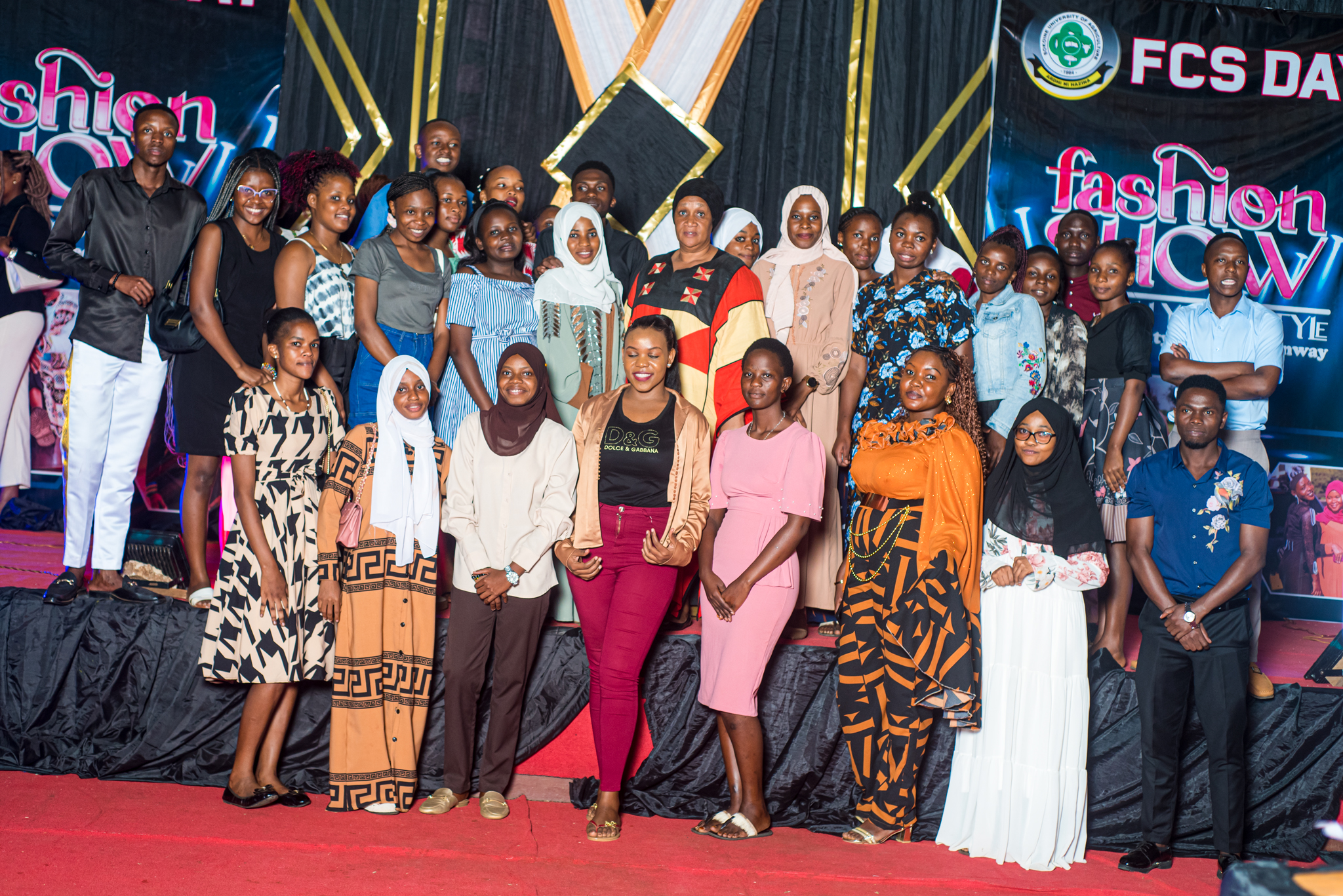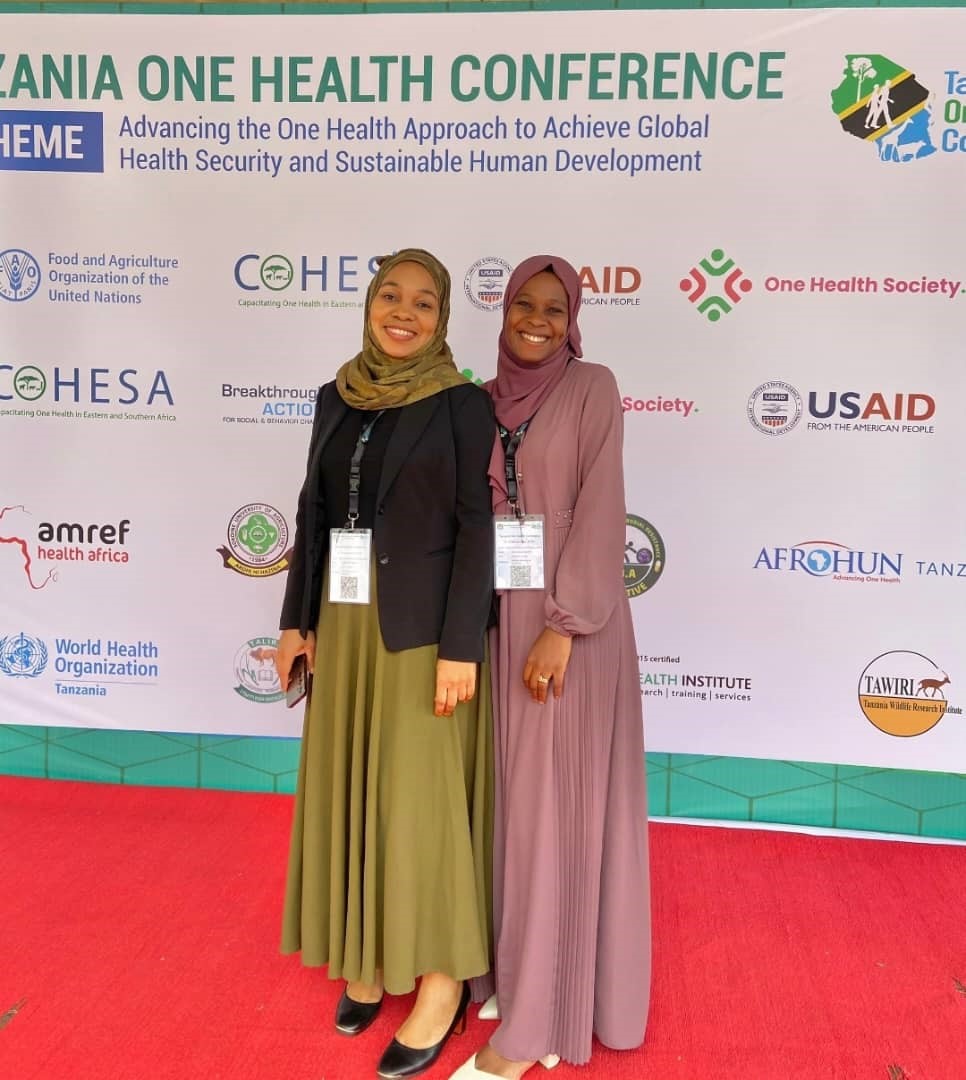Family and Consumer Studies (FCS) is a degree program that encompasses a wide range of courses that cut across different aspects of human lives. Among the main aspects studied by the students during the programme includes human nutrition, home economics, consumerism, textiles and fashion studies. In fashion courses, students can gain a number of skills such as sewing machine operation, pattern making, garment design and construction, marketing of the fashion and many other courses. All of these courses help in enabling students to be able to design and construct different garments.
The courses “Cultural Aspect of Clothing – FCS 207” and “Costume Design and Construction – FCS 306” are among the courses that require students to design and construct garments as part of the practical assessment. These courses are being taught in the second and third year of the studies where by this is when students have acquired basic and adequate skills for garment construction. The assessment mode of these practical’s includes showcasing the designed garments to a wider audience; thus, we have FCS Fashion Day.
FCS Fashion Day is the event that is organized by the students and instructors with the support from the department and the university for students to show their designed cloths in a fashion show manner. Apart from it being a practical assessment, students from different years get a chance to meet, learn and share experiences. To get a wide audience, administration and other staffs from the university are invited, stakeholders and designers from different places (outside the university) are also invited so that they can see the potential of our students but also provide contribution on how our students can improve their works to meet the demands of the fashion industry.
These practicals are not only conducted for the students to get scores, but also for them to share ideas on various movements taking place in the real word. For instance, in our country designers are in a struggle for designing a “National dress”, thus our students were also tasked to design different attires under the theme to be part and join hands with other designers in the movement. We had a theme on recycling which involves designing cloths using materials that can end up polluting the environment. This theme supports clean and sustainable environment. To support cultural preservation, students were tasked to design traditional attires with modern touches so that to encourage current generation to wear our traditional dresses.




